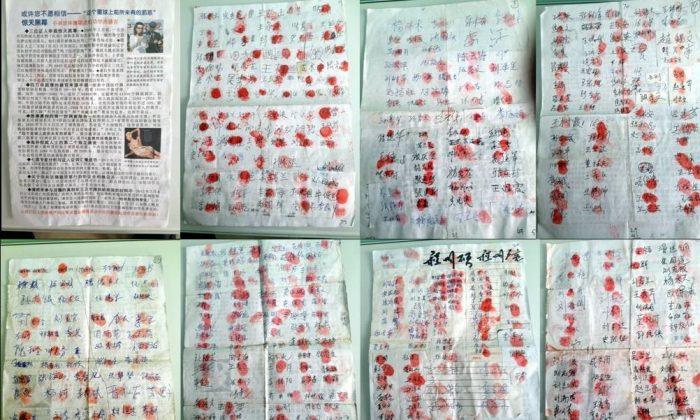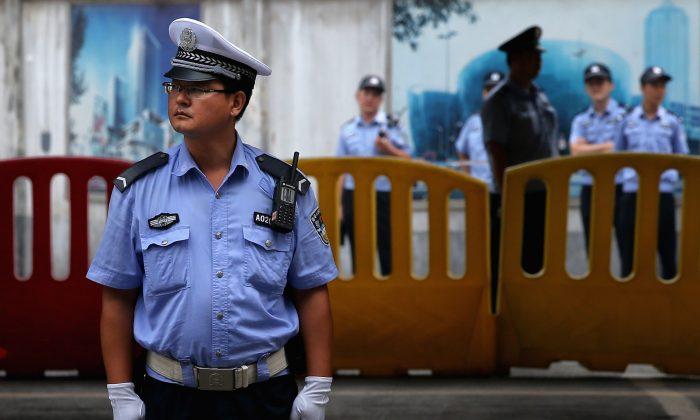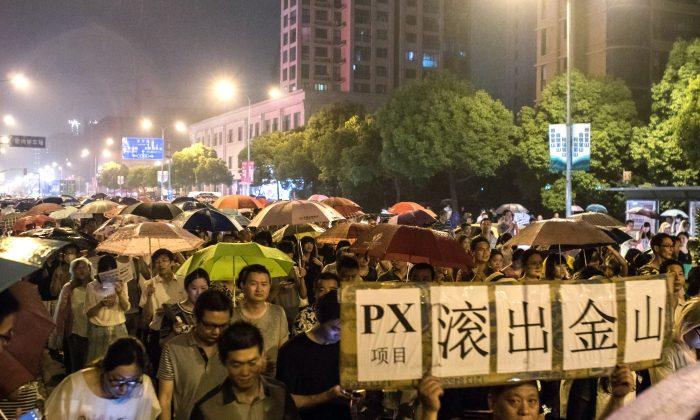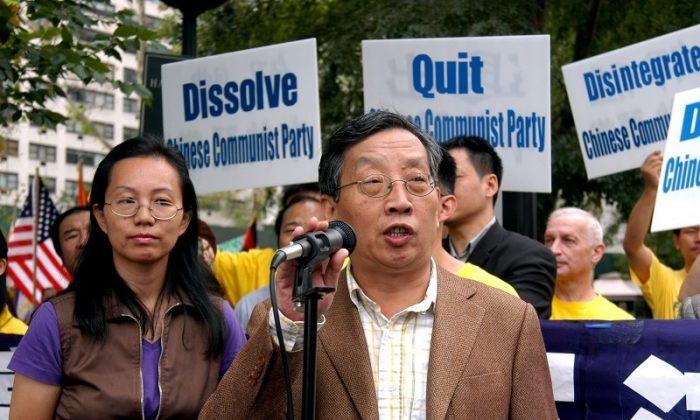The three largest fruit juice makers in China have been found to purchase vast quantities of rotting and putrid fruits for use in their beverages, according to investigations published in the Chinese press recently.
A fruit seller speaking from his tricycle in Xuzhou of Jiangsu Province was frank with a reporter who stopped by to ask him what he had planned to do with the rotten fruits he had.
“Those fruit can’t be sold to people for eating,” the fruit seller, giving his surname as Wang. “They are for the juice companies.” He pointed to Andre Juice, a large company, across the street. “I can probably get enough fruit by tomorrow and take them to the company,” he remarked to the reporter from the 21st Century Business Herald, a large newspaper in China.
“The closer to the fruit seller’s tricycle, the worse the fruit smelled,” the reporter wrote, describing the scene. “Liquid drips down from the tricycle. Flies are everywhere.”
Along with Andre Juice in Jiangsu, other companies to be found using corrupted fruit sources included China Huiyuan Juice and China Haisheng Juice, in Anhui Province and elsewhere. The companies are typically located near China’s large fruit production areas.
Local farmers have developed a hierarchy for the fruit they sell: the good fruit goes to the public, lower quality fruit goes to canned fruit manufacturers, and the worst of it, including rotting fruit, goes to juice companies.
Mr. Chen, the owner of a fruit market in Dangshan County, in the central Anhui Province, told the reporter that he delivers an average of 20 to 30 tons of “blind fruit” to juice company plants nearby every day. Sometimes he moves more than 60 tons. “Blind fruit” refers to rotten or damaged fruit.
Chen says he spends 400 yuan ($65.35) to purchase a ton of “blind fruit” from fruit farmers, and offloads it to juice companies for 450 yuan ($73.52).
The juice companies Huiyuan and Andre told the Chinese media that their fruit had no problems, but after the reports emerged the Anhui Provincial Food and Drug Administration suspended production, pending rectification of the problems, according to the state mouthpiece Xinhua.
The companies’ stocks, listed in Hong Kong, tumbled up to 5 percent on Sept. 23, the day after the reports emerged.
Huiyuan Juice had a domestic market share of nearly 50 percent in 2012. According to Haisheng Juice’s website, 95 percent of its products are for export, including to North America. Its concentrated apple juice exports are 20 percent of the global amount traded.
China’s Biggest Juice Companies Are Found Using Rotten Fruit
The three largest fruit juice makers in China have been found to purchase vast quantities of rotting and putrid fruits for use in their beverages
By Lu Chen
9/24/2013
Updated: 9/24/2013



